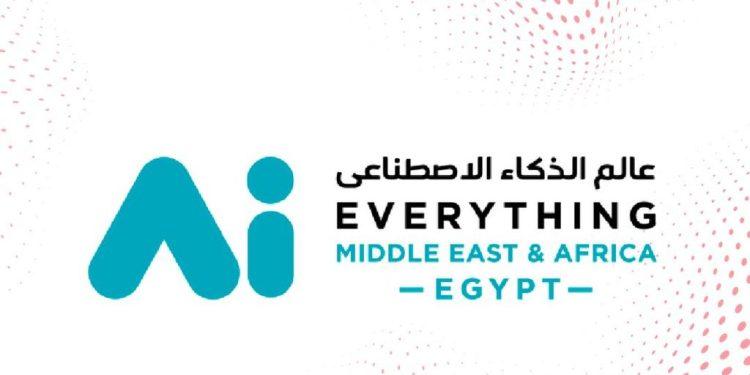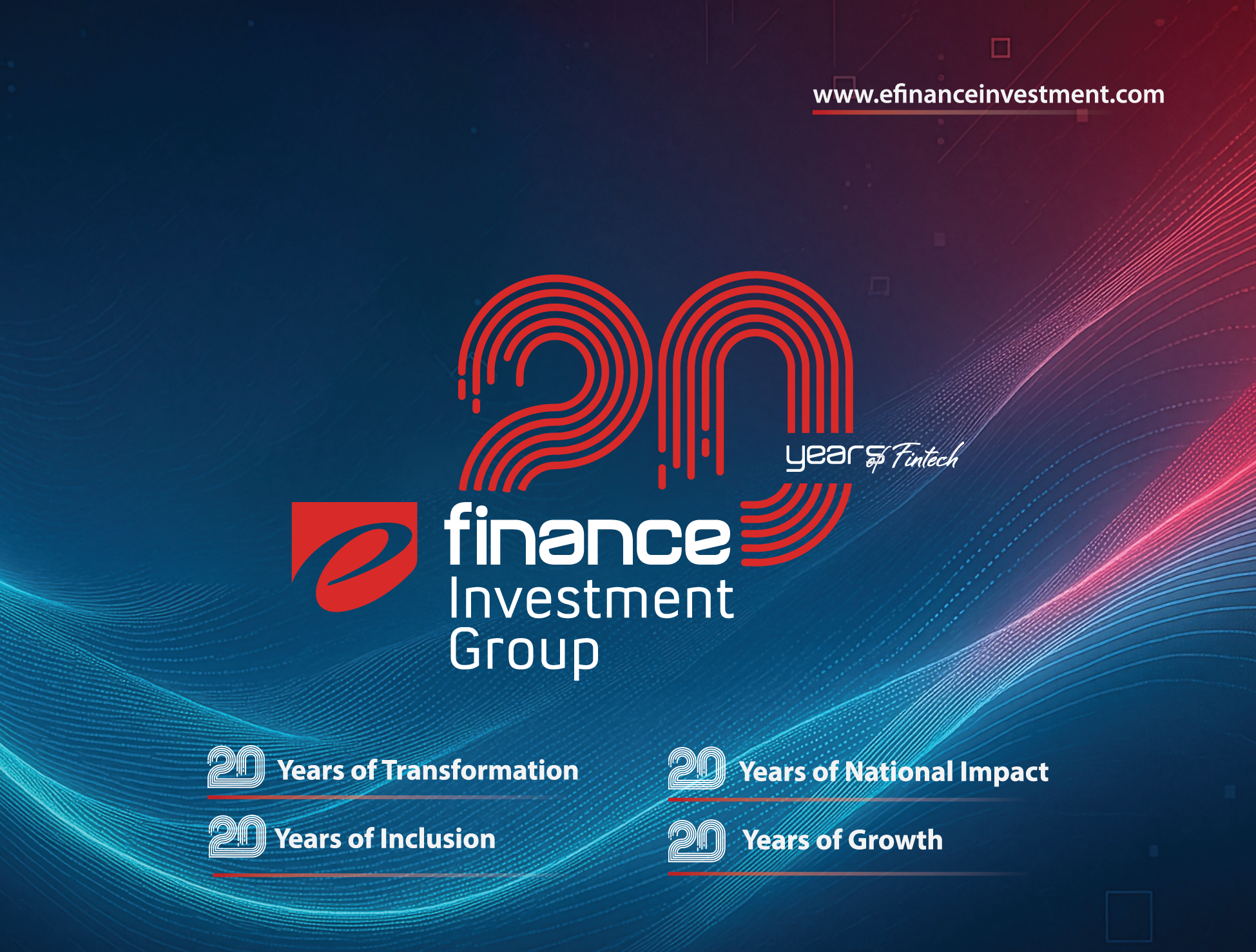Hector Rodriguez, Senior Vice President,
Regional Risk Officer, CEMEA, Visa
In parallel to this pandemic-stricken year in which time often seemed to stand still, global economies moved quickly in ways that accelerated change, bringing lasting impact to consumer behavior, fraud patterns and risk mitigation needs. In 2020, we focused our expertise and resources in ways to help financial institutions, merchant partners, governments and consumers navigate these seismic shifts. I believe many of the changes in digital payments will carry over into 2021 and beyond. More importantly, the experiences of 2020 will accelerate innovation and force companies to learn from their mistakes to ensure they are not repeated in the new year.
A few predictions for the new year include:
1. Consumer habits born from the pandemic will become the new normal, requiring updated fraud prevention strategies by merchants.
According to Visa’s consumer security study, on an average, nearly 60% of consumers surveyed in Egypt, UAE, Saudi Arabia, and Kuwait said they will continue to use contactless payments more in-store post the pandemic, while over 50% said they will continue to opt paying online with card or digital wallet over Cash on Delivery.
The shift in consumer behaviors will further drive merchants to innovate in order to grow and meet customer preference. Investments by merchants in new ways to onboard customers and new ways to pay such as online, in-app, contactless, and IoT (wearables, in-car, smart speakers, smart appliances, etc.) will be rewarded through new customer acquisitions, existing customer retention and growth in sales.
But as merchants move online, so are fraudsters. Payment security is difficult and not everyone in payments has the expertise to do it well. Merchants will need to update their fraud prevention strategies to support omnichannel commerce and if in-house expertise is not available, merchants should turn to proven, reputable partners that can produce outcomes aligned to their business goals and interests.
2. Stronger authentication process for digital transactions will help bolster payment security.
Accelerated by Covid-19, demand for dynamic security solutions that help merchants ensure their customers engage in safe online shopping practices will be on the rise. Our consumer security study revealed that nearly 88% of consumers in Egypt said that an authentication process that doesn’t require them to enter an OTP (one-time-passcode) was considered to be more convenient.
Similarly, two-thirds of consumers in UAE (66%), Saudi (70%), and 59% of consumers in Kuwait would prefer a convenient authentication process that doesn’t require them to enter an OTP for standard and recurrent transactions.
3. Modernizing payment infrastructures will reveal new potential vulnerabilities.
A growing number of central banks and fintechs are challenging tradition and exploring new and faster ways to send money, settle payments and share information. Real time payments, digital currency and Open Banking supports innovation that matches the expectations of digitally savvy consumers and will help drive digital commerce for decades to come.
In the recent past, the Egyptian government and the Central Bank of Egypt (CBE) have made numerous efforts to improve the quality of financial services and speed up transactions. Recently, the CBE instructed all banks to execute transfers within three hours of request, which is expected to have a significant impact on how society relies on digital banking. But faster payments open up opportunities for faster fraud and sharing of customer information must have data privacy in mind.
Fintechs and central banks need to have mechanisms in place to spot atypical patterns that can be an indicator of fraud. It is also important that the principles of Open Banking and the sharing of data are used responsibly and ethically across all products, services and technology. 2021 will see payment volumes in real time payments continue to grow, digital currencies continue to become mainstream, consumer and data privacy at the forefront of many discussions, and industry players working together to resolve new vulnerabilities that are revealed.
4. Government agencies will implement stronger authentication measures due to fraud losses in 2020.
Globally, fraud activities spiked during the first phase of the pandemic. For example, in the U.S. government benefits meant for vulnerable citizens affected by the pandemic were targeted by fraudsters. By using stolen identities to apply for benefits –fraudsters were able to effectively siphon away the funds making fewer funds available to individuals who needed them the most.
If government agencies want to avoid further losses, they will need to revisit their processes and technologies used to support the verification of eligibility and distribution of benefits. Strengthening authentication capabilities to better assess government benefit eligibility will be a priority in 2021.
Last year, Egypt's new banking law was introduced with the aim of integrating digital services, including e-signature, electronic payment modes and online customer identification. While this certainly strengthens the resilience of the Egyptian banking sector, the benefits go far beyond that. The new law improves governance in the banking sector, ensures customer privacy and security, creates fair competition among banks, and improves the overall performance of the Egyptian banking sector.
5. Momentum behind digital identity will continue to build led by a shift to strong customer authentication solutions
The move away from passwords and knowledge-based authentication will accelerate with adoption of strong customer authentication standards like FIDO, which is now available in all major browsers and mobile devices.
Plans for government and bank-led electronic identity schemes (e-ID) will advance along with trust frameworks and regulation to inform how the various parties can interact. Accelerated by Covid-19, demand for solutions that help banks and merchants digitally verify consumer identity will grow. Relying parties who are unable to manage identity effectively will become targets for fraud.














































































